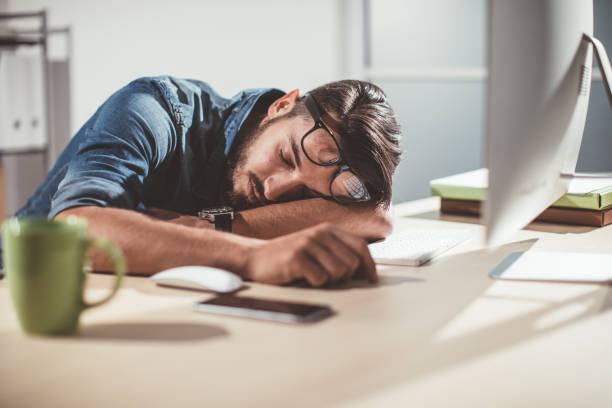Sleep apnea creates breathing interruptions that can lead to serious health complications. While symptoms like loud snoring or daytime fatigue may appear straightforward, accurate diagnosis requires specialized medical expertise. Sleep specialists provide comprehensive evaluation and testing procedures to identify and treat this complex sleep disorder effectively.
What Is Sleep Apnea?
Sleep apnea is a sleep disorder characterized by repeated breathing interruptions during sleep. These pauses occur multiple times throughout the night, preventing restful sleep and reducing blood oxygen levels in your body. The condition manifests in a few primary forms that sleep specialists recognize:
- Obstructive Sleep Apnea (OSA): OSA is the most common type. It occurs when throat muscles relax during sleep, causing soft tissues to collapse and block the airway.
- Central Sleep Apnea (CSA): This type of apnea develops when the brain fails to send proper signals to the muscles that control breathing. Unlike OSA, this form does not involve physical airway blockage but rather results from neurological communication failures between your brain and breathing muscles.
Common symptoms include loud snoring, gasping for air during sleep, waking with a dry mouth, morning headaches, difficulty staying asleep, excessive daytime sleepiness, difficulty concentrating, and irritability. People with sleep apnea may also experience episodes where they stop breathing during sleep, which partners or family members often observe and report to medical professionals.
How Is It Diagnosed?
Sleep specialists use systematic evaluation methods to diagnose sleep apnea accurately. The diagnostic process typically begins with a comprehensive assessment of your symptoms, medical history, and sleep patterns. Your sleep specialist will conduct a thorough review of your symptoms and sleep history.
A traditional sleep test involves overnight monitoring at a sleep center. During this comprehensive test, medical professionals attach equipment that monitors your heart, lung, and brain activity, breathing patterns, arm and leg movements, and blood oxygen levels while you sleep. This detailed monitoring provides extensive data about your sleep quality and breathing patterns that specialists analyze to make an accurate diagnosis. Home sleep tests offer a simplified alternative that can be conducted in your own home. These portable devices typically measure similar metrics for the body’s function during sleep. While more convenient than in-lab testing, home tests may not detect all forms of sleep apnea.
How Do Sleep Specialists Treat It?
Sleep specialists offer various treatment approaches based on the type and severity of your sleep apnea. Treatment plans are individualized to address your specific needs and medical history. CPAP is typically a go-to treatment for sleep apnea. The device sends a continuous stream of air into your airways through a mask, helping them stay open while you sleep. The air pressure is adjustable, allowing your sleep specialist to tailor treatment to your individual needs.
Modern CPAP machines are smaller, quieter, and more comfortable than earlier models. Sleep specialists provide CPAP management services, teaching you how to position your mask correctly and maintain your equipment properly. They can also help adjust settings or recommend different mask styles if you experience discomfort.
Sleep specialists often recommend lifestyle changes as part of comprehensive treatment plans. These may include weight loss, regular exercise, and avoiding alcohol. These changes can complement other treatments and improve overall sleep quality.
Consult a Sleep Specialist
Sleep apnea requires professional medical evaluation for accurate diagnosis and effective treatment. Sleep specialists possess the expertise and equipment necessary to identify the specific type and severity of your sleep disorder, enabling them to develop appropriate treatment plans. Their comprehensive approach offers the best opportunity for successful sleep apnea treatment and restoration of healthy sleep patterns.


